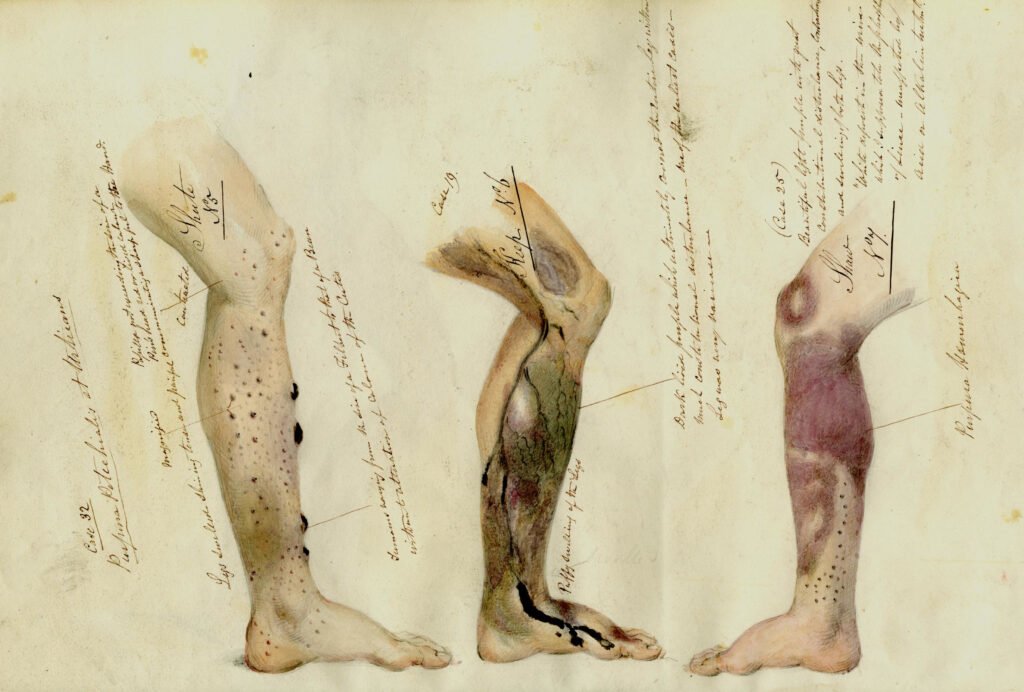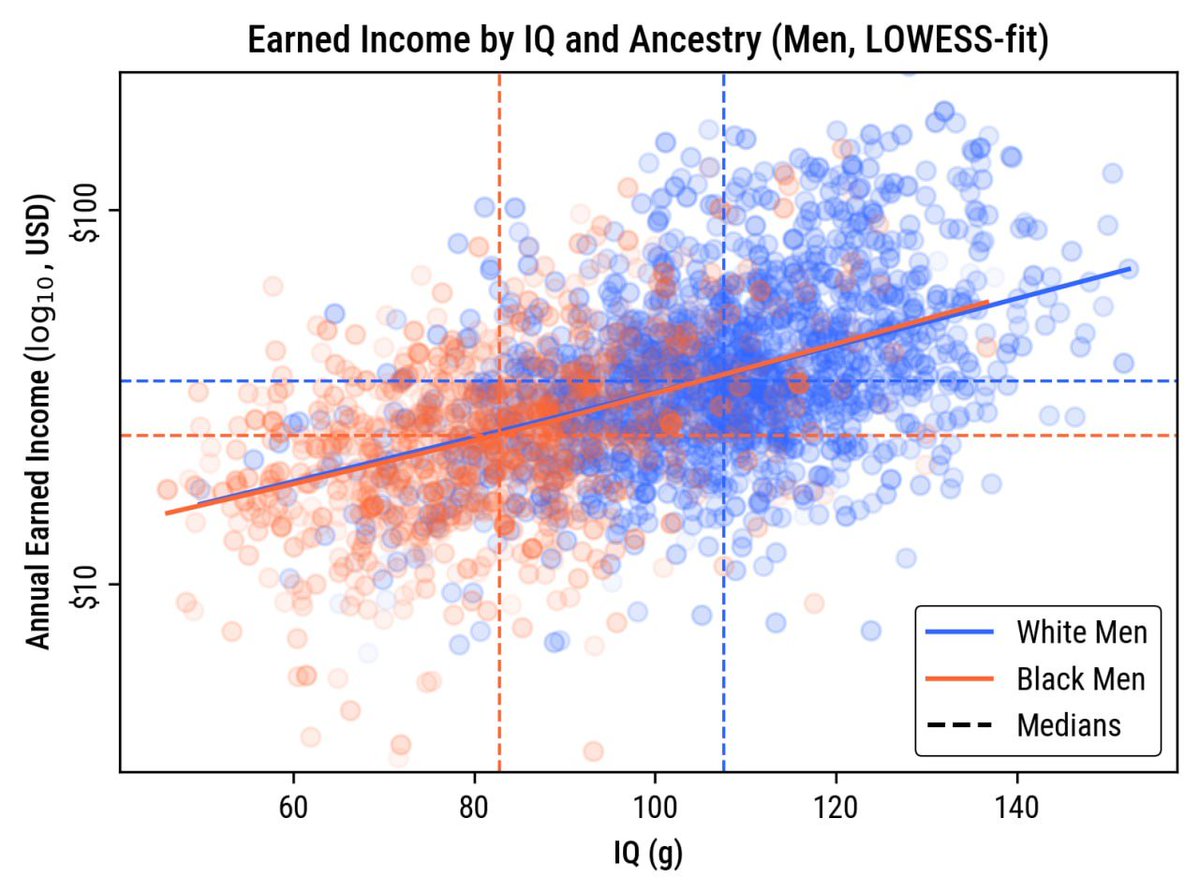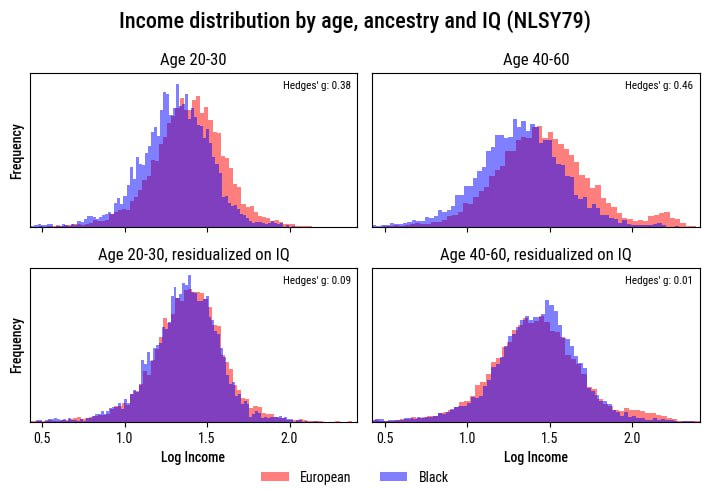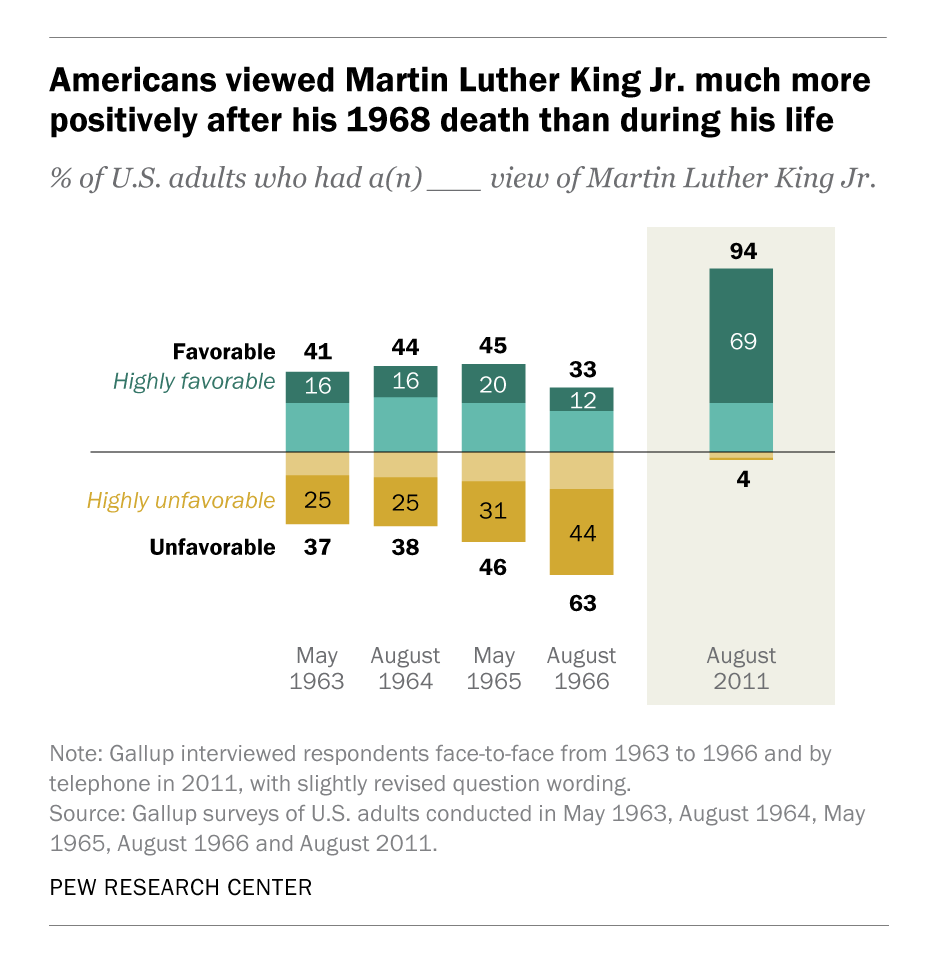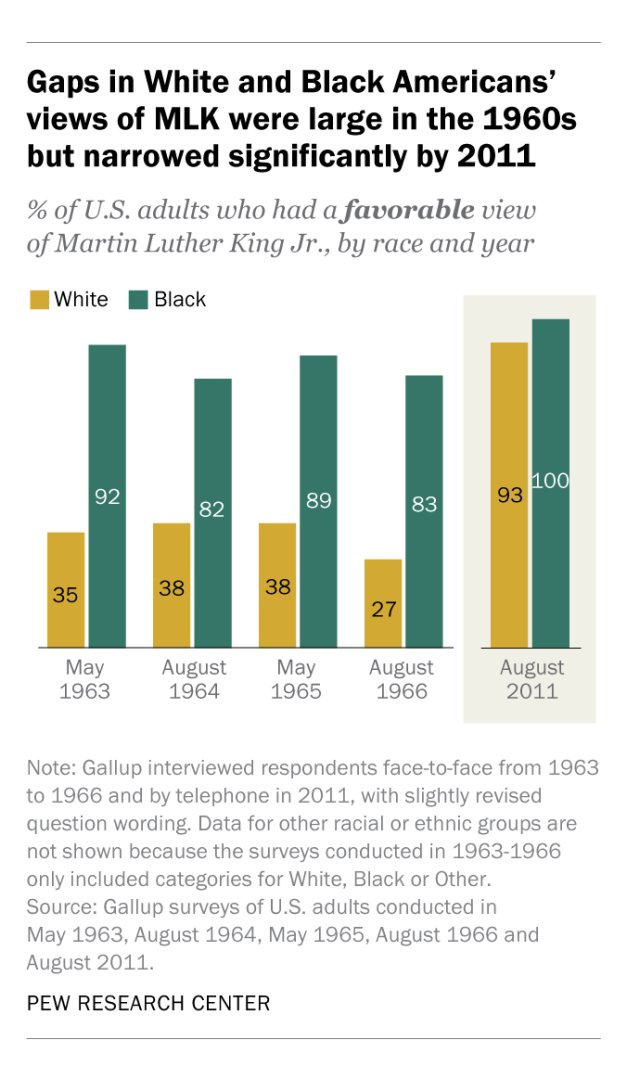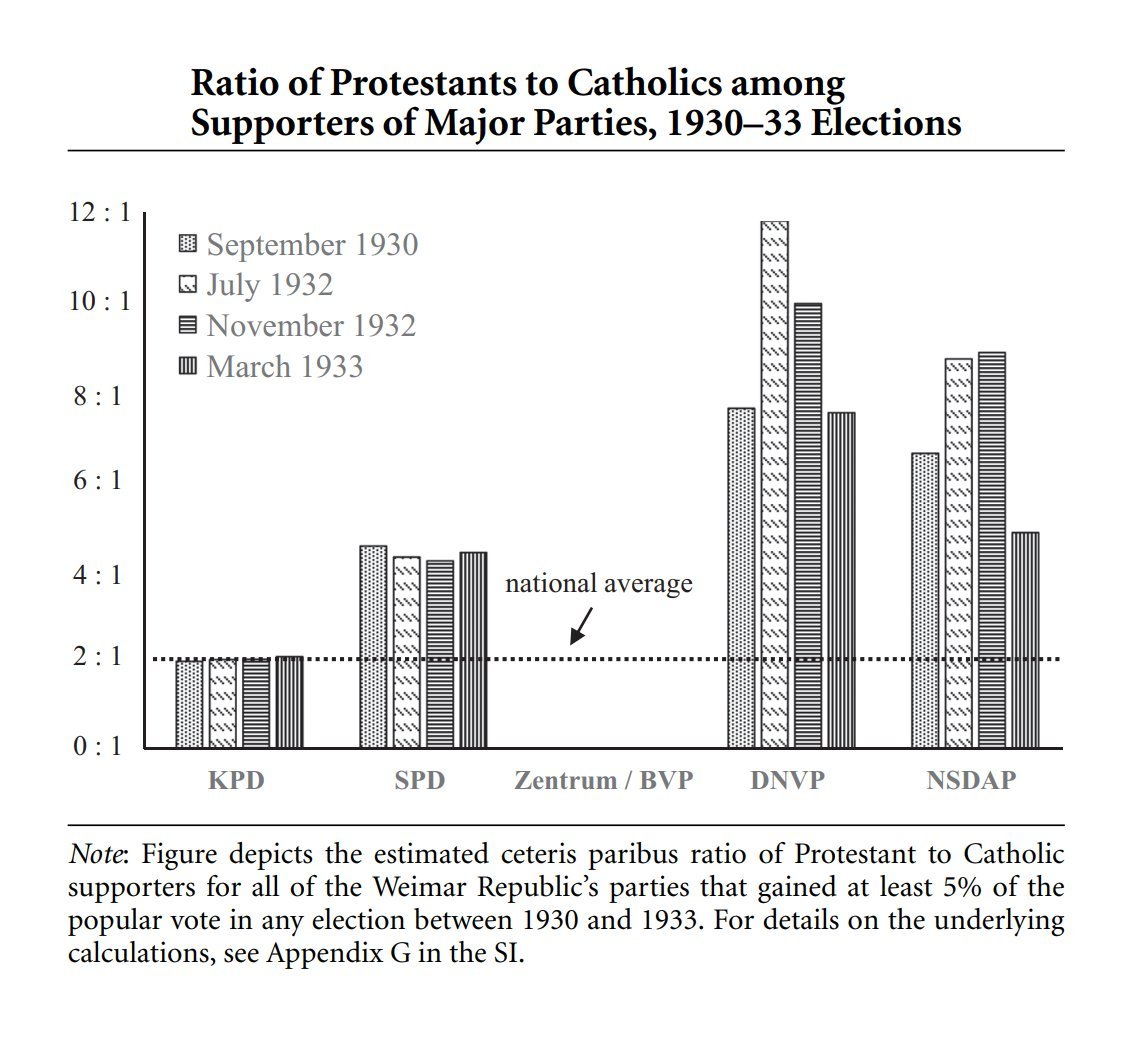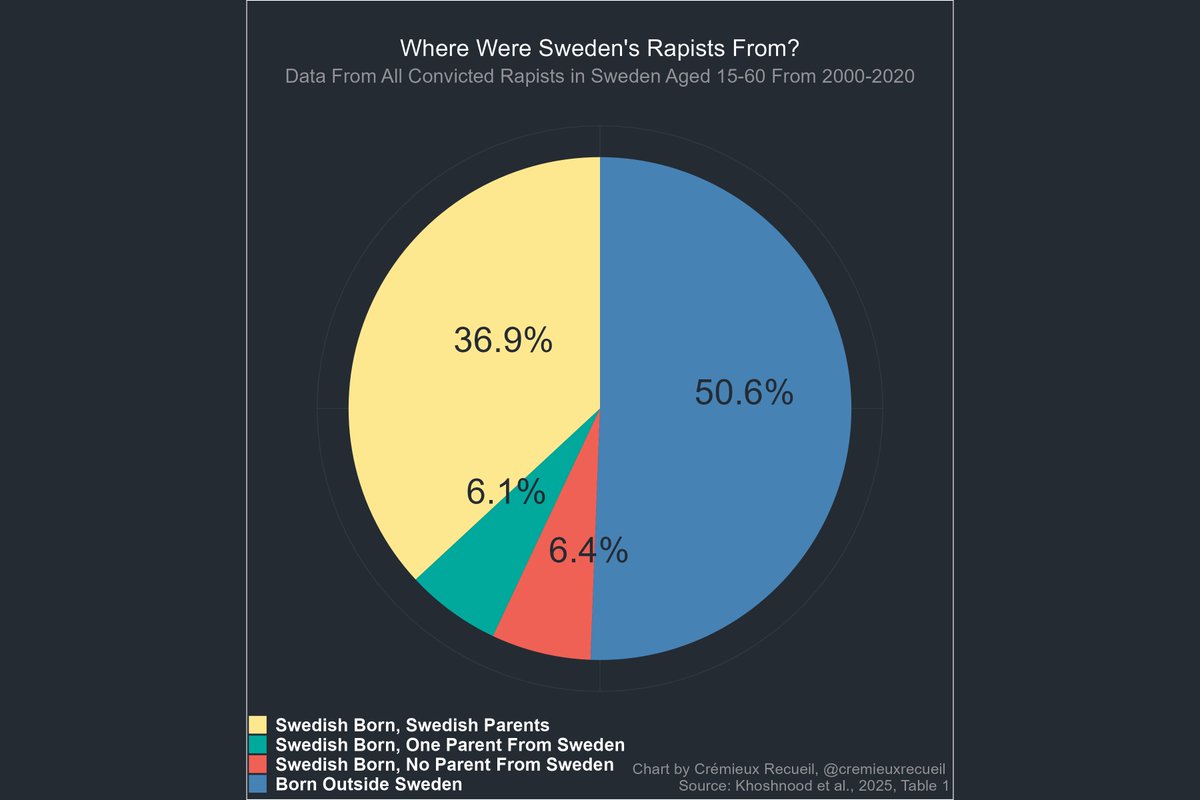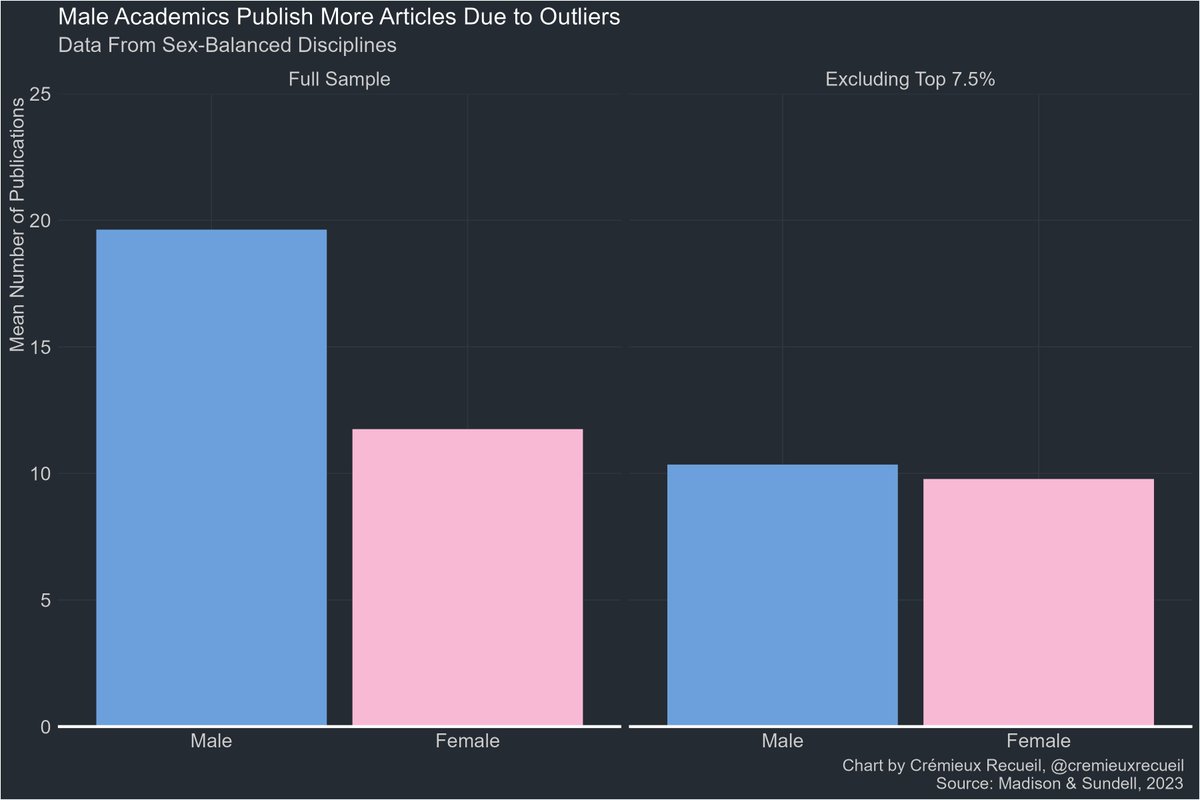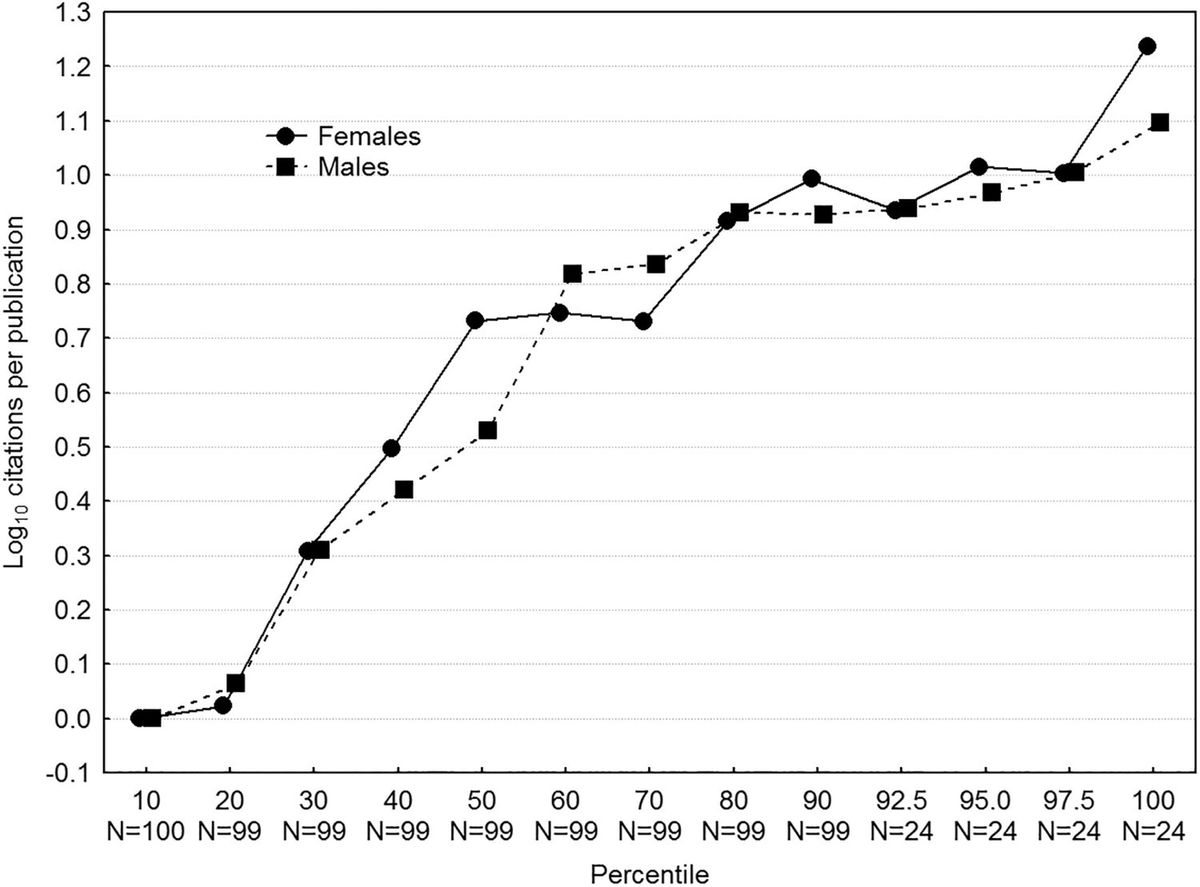Aspartame?
What is it? Where is it from? What does it do? Is it harmful? What do health agencies think of it?
And why might the HHS be planning to ban it from American food?
Here's the aspartame review thread🧵
What is it? Where is it from? What does it do? Is it harmful? What do health agencies think of it?
And why might the HHS be planning to ban it from American food?
Here's the aspartame review thread🧵

Aspartame is a sugary sweet synthetic molecule that's 200 times sweeter than sucrose.
More than half of the world's supply comes from Ajinomoto of Tokyo, better known for bringing the world MSG.
More than half of the world's supply comes from Ajinomoto of Tokyo, better known for bringing the world MSG.

Because aspartame is so sweet, a little bit goes a long way.
The high levels of sweetness contained in very small quantities of aspartame make it ideal for making super low-calorie diet drinks like Diet Coke.
The high levels of sweetness contained in very small quantities of aspartame make it ideal for making super low-calorie diet drinks like Diet Coke.

Chemically, aspartame is the dipeptide formed from phenylalanine and aspartic acid, with a methyl ester on the carboxylic acid of the phenylalanine residue.
Sounds scary, but describe any chemical and it'll seem just as frightening and unnatural.
Sounds scary, but describe any chemical and it'll seem just as frightening and unnatural.
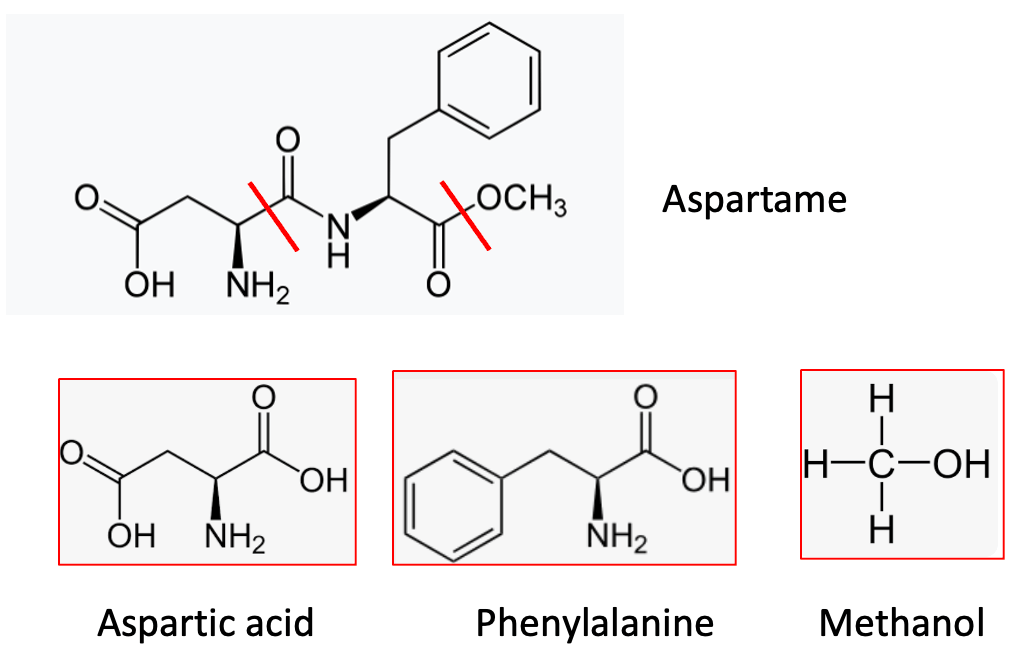
Aspartame breaks down into 10% methanol, 40% aspartic acid, and 50% phenylalanine.
Drink a can of Diet Coke and you'll get 92mg of phenylalanine, 73.6mg of aspartic acid, and 18.4mg of methanol.
This happens fast, so it never goes into your bloodstream.
Drink a can of Diet Coke and you'll get 92mg of phenylalanine, 73.6mg of aspartic acid, and 18.4mg of methanol.
This happens fast, so it never goes into your bloodstream.

These chemicals aren't bad. All of them are things you get all the time from many sources.
For example, eat a single large egg, and you'll get 340mg of phenylalanine. Drink an 8 oz glass of milk? 430 mg—far more than is in a Diet Coke!
2-5% of all food protein is phenylalanine!
For example, eat a single large egg, and you'll get 340mg of phenylalanine. Drink an 8 oz glass of milk? 430 mg—far more than is in a Diet Coke!
2-5% of all food protein is phenylalanine!

Is all that phenylalanine that you get alarming?
Not unless you have phenylketonuria, a genetic intolerance for the stuff.
You're screened for this at birth if you're born in a hospital, and you have to tailor your life around keeping it treated or bad things happen:
Not unless you have phenylketonuria, a genetic intolerance for the stuff.
You're screened for this at birth if you're born in a hospital, and you have to tailor your life around keeping it treated or bad things happen:

Like phenylalanine, almost everything you eat with protein in it has aspartic acid (aspartate), too.
It's not essential, meaning that if you don't eat it, your body makes it. But you are definitely eating it.
A single large egg has 34x the amount in a Diet Coke.
It's not essential, meaning that if you don't eat it, your body makes it. But you are definitely eating it.
A single large egg has 34x the amount in a Diet Coke.

But what about methanol?
If you're studied up on your chemistry, you look at aspartame's composition and you see that the methyl ester is hydrolyzed to get methanol.
If you're studied up on your chemistry, you look at aspartame's composition and you see that the methyl ester is hydrolyzed to get methanol.

Don't be alarmed. Remember two things.
Firstly, "The dose makes the poison" and "Sorry, but your body actually needs a little of that poison or you will literally die."
You need formaldehyde to synthesize other amino acids and for epigenetic regulation. No formaldehyde, no DNA!
Firstly, "The dose makes the poison" and "Sorry, but your body actually needs a little of that poison or you will literally die."
You need formaldehyde to synthesize other amino acids and for epigenetic regulation. No formaldehyde, no DNA!

If you want to greatly increase your methanol intake, you'll be hard-pressed to do it with Diet Coke, which only has about 18 mg.
A serving of root veggies has 155mg. A 170g apple has 132mg. Drink wine? 17mg in a 150ml glass (a standard Diet Coke can is 355ml).
A serving of root veggies has 155mg. A 170g apple has 132mg. Drink wine? 17mg in a 150ml glass (a standard Diet Coke can is 355ml).

So, case-closed, then? Is aspartame definitely safe?
Not exactly.
Just because there's no plausible way for it to be unsafe doesn't mean that it is safe. Biology doesn't work that way, but it would be nice if it did.
But aspartame came out in 1965, so we have lots of studies!
Not exactly.
Just because there's no plausible way for it to be unsafe doesn't mean that it is safe. Biology doesn't work that way, but it would be nice if it did.
But aspartame came out in 1965, so we have lots of studies!
The FDA's explanation, which they might soon get rid of, described the evidence base like so:
Basically: 'We know it's safe because the literature on this topic is huge and it says it's safe.'
They're right, but people still had trouble believing them.
Basically: 'We know it's safe because the literature on this topic is huge and it says it's safe.'
They're right, but people still had trouble believing them.

In one famous example, Roger Walton, a psychiatrist at Northeastern Ohio Universities College of Medicine wrote a survey claiming 74/74 industry-funded studies supported aspartame's safety, but 84/91 independent studies identified health problems.
He got on 60 Minutes.
He got on 60 Minutes.

So, case-closed... in the other direction? Is it really unhealthy?
No. As it turns out, he was a fraud. He missed 50 peer-reviewed studies, and the "independent studies" he cited were letters to the editor, lots were not negative, and many didn't even involve aspartame!
No. As it turns out, he was a fraud. He missed 50 peer-reviewed studies, and the "independent studies" he cited were letters to the editor, lots were not negative, and many didn't even involve aspartame!

But what do other countries say about aspartame? Surely there's disagreement from the other major powers that be, right?
The European Food Safety Authority considers aspartame totally safe and has documented their whole discovery process in painstaking detail.
The European Food Safety Authority considers aspartame totally safe and has documented their whole discovery process in painstaking detail.

Health Canada considers aspartame totally safe and has clearly communicated that its safety is established beyond a reasonable doubt. 

The New Zealand Food Safety Authority says aspartame is safe, and that people are getting freaked out about misleading or unsubstantiated claims of harm. 

The position of the Academy of Nutrition and Dietetics is that aspartame is safe.
What's more, every major independent review of the evidence (that isn't affected by fraud, like Walton's) concludes... aspartame is fine.
What's more, every major independent review of the evidence (that isn't affected by fraud, like Walton's) concludes... aspartame is fine.

But wait: there are two groups at the WHO, and they might disagree about aspartame's safety.
These are the International Agency for Research on Cancer (IARC) and the Joint FAO/WHO Expert Committee on Food Additives (JECFA).
These are the International Agency for Research on Cancer (IARC) and the Joint FAO/WHO Expert Committee on Food Additives (JECFA).

Other things under IARC's classification umbrella include
- Red meat
- Beverages hotter than 65c (149f)
- Being a barber or hairdresser
- Steroids, TRT
- Aloe Vera, gasoline, progestogen birth control, pickled vegetables, lead, and these plants you've touched a million times:
- Red meat
- Beverages hotter than 65c (149f)
- Being a barber or hairdresser
- Steroids, TRT
- Aloe Vera, gasoline, progestogen birth control, pickled vegetables, lead, and these plants you've touched a million times:

IARC officials have stated that this classification is highly speculative and "This shouldn’t really be taken as a direct statement that indicates that there is a known cancer hazard from consuming aspartame."
The WHO tried to explain the apparent inconsistency:
The WHO tried to explain the apparent inconsistency:

The IARC appeared to take a more cautious approach because they over-rate observational studies relative to experimental ones (JCEFA throws out the observational work) and considering non-credible rat studies from Italy. 

The IARC also gave weight to some non-credible studies suggesting aspartame causes oxidative stress.
But JCEFA rightly noted: Where's the tissue damage?
And JCEFA asks: How could it possible be real when aspartame is just quickly metabolized in the gut and then gone?
Beats me!
But JCEFA rightly noted: Where's the tissue damage?
And JCEFA asks: How could it possible be real when aspartame is just quickly metabolized in the gut and then gone?
Beats me!
But, the aspartame harm believers have one more tool up their sleeves:
Speculation about mechanisms.
There's no plausible mechanism for harm, but if you propose a mechanism, that's like finding support, right?
(No)
Speculation about mechanisms.
There's no plausible mechanism for harm, but if you propose a mechanism, that's like finding support, right?
(No)
But people often do this: They'll propose some novel mechanism through which harm can occur, fail to strongly support it, and then declare we should be more cautious about some compound like aspartame.
But mechanisms are not evidence.
But mechanisms are not evidence.
https://x.com/cremieuxrecueil/status/1662194637673512960
Now, onto the real news.
Someone at the HHS bought into some doom and gloom over aspartame.
This screenshot is from a new report, seemingly on things they might move to ban or restrict soon.
Someone at the HHS bought into some doom and gloom over aspartame.
This screenshot is from a new report, seemingly on things they might move to ban or restrict soon.

We've already discussed how their mechanism is wrong, but let's be clear: the proposed harms are hearsay based on, at best, correlational evidence that isn't even meta-analyzed.
It's *bad*.
And they *should* know it.
It's *bad*.
And they *should* know it.
Why *should* they know it?
Because their "Scientific Reference" says and shows that aspartame is safe.
Seriously!
Because their "Scientific Reference" says and shows that aspartame is safe.
Seriously!

Who wrote this?
Because whoever did needs to be identified and fired.
Why? Because they're going to get Bobby Kennedy to say some nonsense based on a child's view of "scientific evidence".
And not just for aspartame, but basically *every listed chemical*.
Because whoever did needs to be identified and fired.
Why? Because they're going to get Bobby Kennedy to say some nonsense based on a child's view of "scientific evidence".
And not just for aspartame, but basically *every listed chemical*.
Citing evidence *against* harm as evidence *for* harm isn't even done just once, or with aspartame only.
It happens multiple times!
For example, they cite *just an animal study* for stevia... and it finds that it's fine!
It happens multiple times!
For example, they cite *just an animal study* for stevia... and it finds that it's fine!

So, please, Bobby, find the imbecile feeding you this information and bar them from every feeding you crap again.
I want the HHS to be effective. That means actually reading whole literatures and understanding scientific evidence.
Not this.
I want the HHS to be effective. That means actually reading whole literatures and understanding scientific evidence.
Not this.
Links:
dynomight.net/aspartame/
dynomight.net/aspartame-brou…
geneticliteracyproject.org/2025/02/03/old…
tandfonline.com/doi/full/10.10…
journals.sagepub.com/doi/full/10.10…
dailycaller.com/wp-content/upl…
P.S., though I care about dyes less, the evidence on those is also not bad. Just don't inject rats with half their bodyweight in dye and they're fine, OK?
dynomight.net/aspartame/
dynomight.net/aspartame-brou…
geneticliteracyproject.org/2025/02/03/old…
tandfonline.com/doi/full/10.10…
journals.sagepub.com/doi/full/10.10…
dailycaller.com/wp-content/upl…
P.S., though I care about dyes less, the evidence on those is also not bad. Just don't inject rats with half their bodyweight in dye and they're fine, OK?
• • •
Missing some Tweet in this thread? You can try to
force a refresh





